A DELUGE OF INFORMATION: THOUGHTS ON RELEVANCY AND REDUNDANCY
May 27, 2015 by
By Prof. Anindita Paul
A lot has been going on in the Information Age and researchers have gone berserk trying to understand what is changing and what needs to be researched. It has been a joyful ride with its ups and down that probably can be compared to surfing the raging waves of the Pacific. It was the computer first, then the web, then the websites and the very ability to get in touch from ‘anyone anywhere around the world’ to ‘anyone,anywhere,anytime around the world’. Chatting up and playing games with strangers was followed by linking up with them so you can network, discuss common interests through communities of practice, follow celebrities through twitter, internal communication within organisations through Intranet, Web 2.0 within and without organisations and so on. Then something else happened. There was a sudden deluge of information for the ‘Lone Ranger’ in the information world. It was already an end to what we know as private when something more occurred. This may have started an impending shift from ‘noise’, to ‘information overload sans the noise’ – targeted information, if I may or maybe yet not; maybe ‘relevant redundant information’.
Too much noise already building up in my brain and makes me wonder if the very nature of information is to be relevant and redundant at the same time and what is it doing to all our brains. Are we developing new capabilities? Is the human brain adapting to this targeted relevant redundant personalised information or is it sooner or later going to escape away to its ‘island of seclusion’. As it seems more is in store, enter the chat applications on the smartphone, the likes of whatsapp, Viber and many more, that is in a way driving all generations to finally adopt smartphones or phones that maybe merely smart enough to be able to install the chat applications. Out goes the messaging service by the service provider and in comes the chat apps enabled through the internet that has voice capabilities too. People who have comfortably stayed away from the information revolution, have embraced it now when they can see the benefits of easy access through their phones with communities and family, something that has cut across all layers of generations, society or the essential needs of being human, bonding. It does seem that the next big thing of relevant redundant information is all set to challenge definitions of what’s relevant and what’s redundant with the exclusivity of both the categories crumbling down. Our brains have to deal with ‘super exposure’ to all sorts of information from all directions. Strategies are going to be developed to deal with this information surge. Acceptance of ‘redundant relevancy’ and ‘relevant redundancy’ needs to be formed. Companies and entrepreneurs have a role to play in understanding the changing dynamics between the human brain and information; new information environment and human behaviour and information and technologies.
Last but not the least how does the new environment affect the digital gap. Are the lesser privileged who have restricted access to technology, learning and information ready to catch up. These maybe the rural and urban poor, traditionally and culturally deprived, the older generation or economically and infra-structurally underprivileged. A lot is on the plate to be understood!
Anindita Paul is Assistant Professor of Information Technology at IIM Kozhikode. Views expressed here are her personal views.
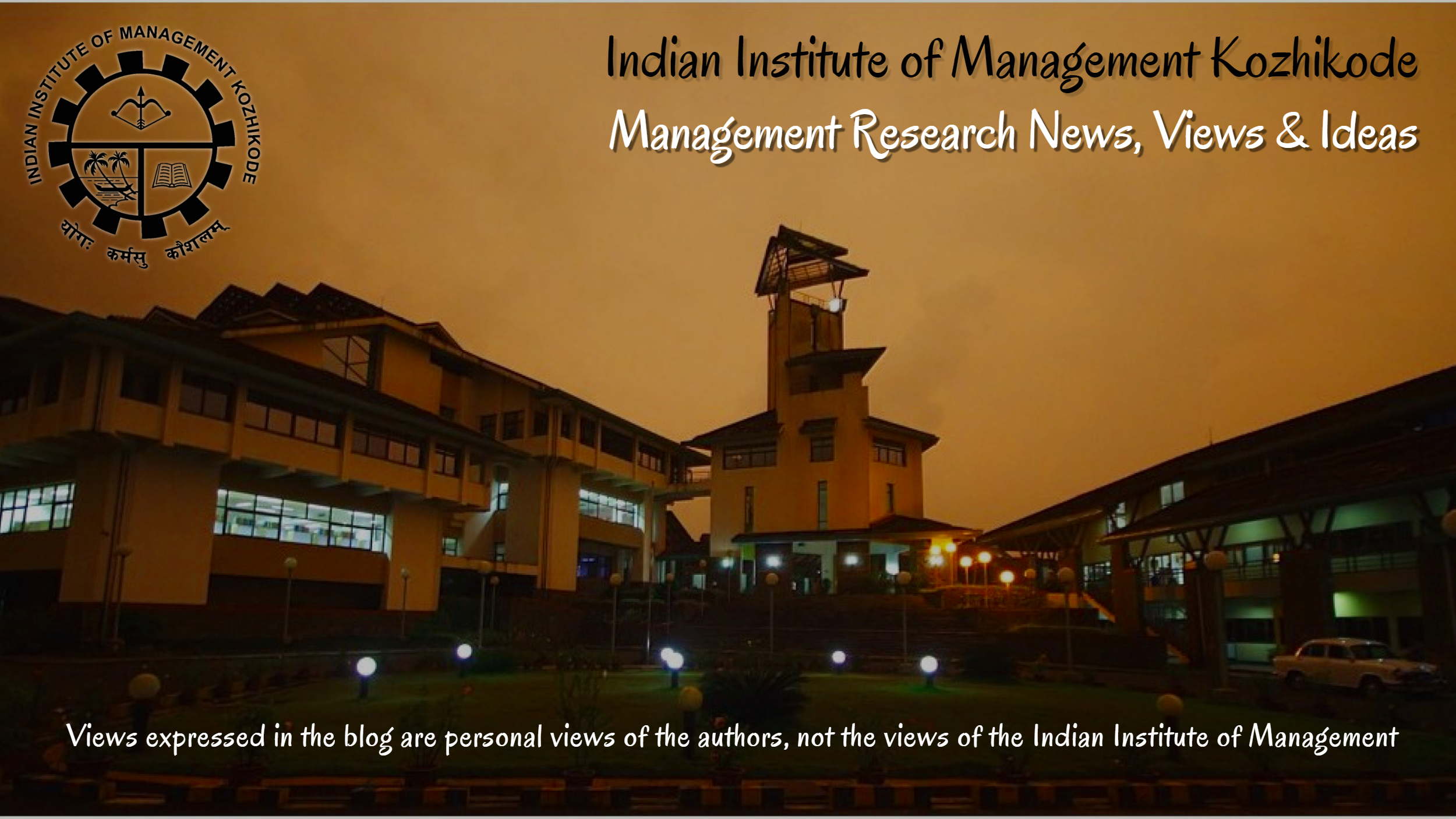


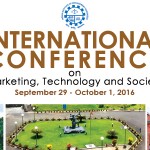
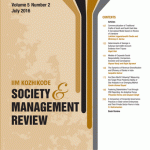
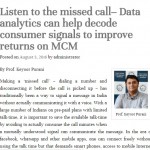
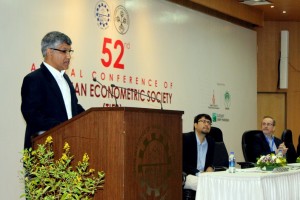
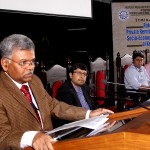
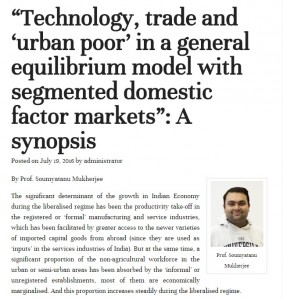
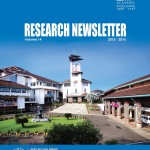
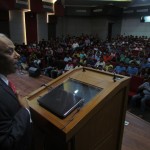
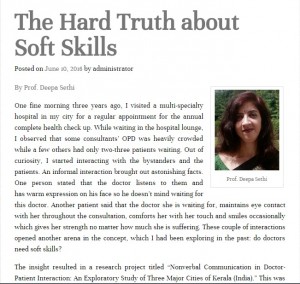





 Users Today : 277
Users Today : 277 Users Yesterday : 436
Users Yesterday : 436 This Month : 8022
This Month : 8022 This Year : 126629
This Year : 126629 Total Users : 550617
Total Users : 550617 Who's Online : 3
Who's Online : 3